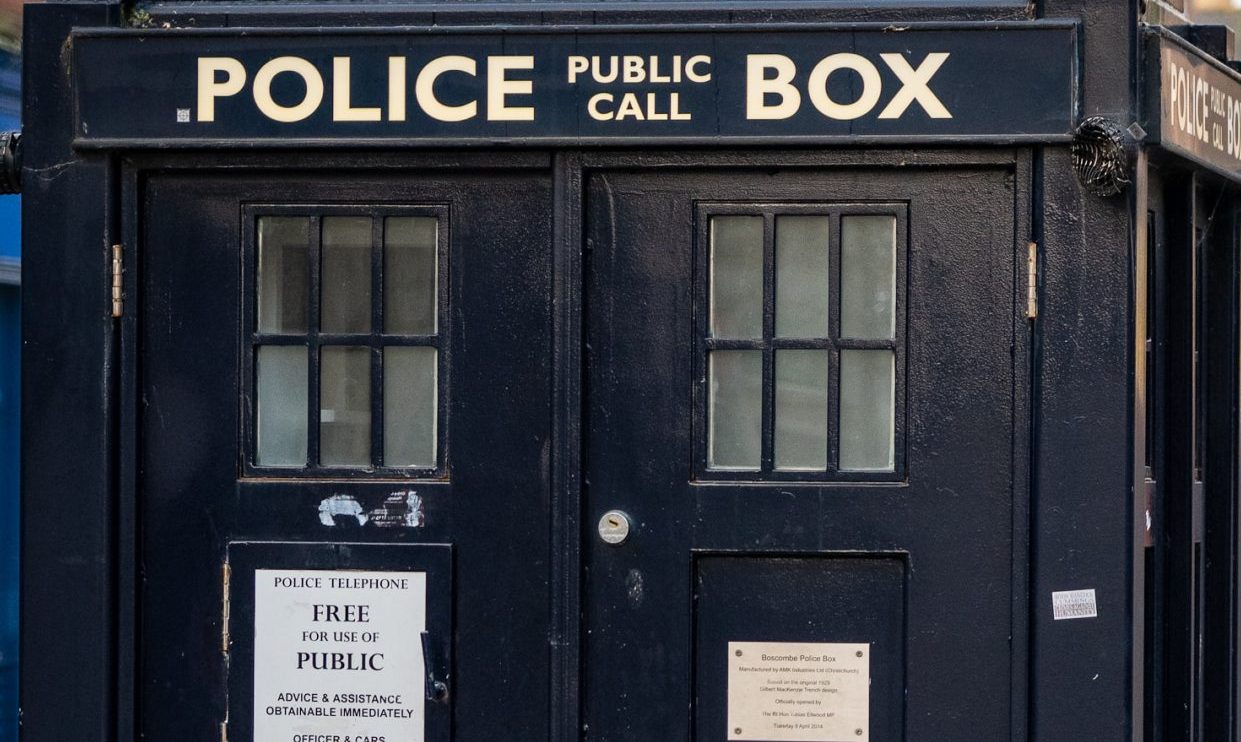 Alex Burrell is an ST4 Academic Clinical Fellow in General Practice based in Bristol, and an Editorial Fellow at BJGP & BJGP Open
Alex Burrell is an ST4 Academic Clinical Fellow in General Practice based in Bristol, and an Editorial Fellow at BJGP & BJGP Open
In clinic last week, a patient called me by my first name – this was the first time I have experienced this in primary care, and for some reason I found it quite jarring. We had a good consultation and got on well, but I had introduced myself as Dr Burrell, so being called Alex cut through the conversation. The appointment finished and neither I nor the patient made any reference to it. Afterwards, I was left wondering why I found this mode of address unsettling.
…I had introduced myself as Dr Burrell, so being called Alex cut through the conversation.
When rotating through secondary care jobs, I always introduced myself using my first name to patients, their families, and colleagues. A quick informal poll of peers working in hospital settings confirmed this is still the case for the majority (though these were all doctors in training with no consultants included), and the evidence backs this up; a 2018 survey of trainees in Chelsea and Westminster hospital found only 22% of trainees surveyed used their title when introducing themselves to patients.1 Conversely, in my first primary care job, I was advised by a GP partner to always introduce myself using title and surname when seeing patients. They felt that it was important to maintain a professional boundary when seeing the same patients over long periods, and the title and avoidance of first name was a reasonable way to do this. This may have been because it was a rural practice where most of the GPs lived in the catchment area and could have had social relationships with their patients, but I have found GPs and trainees introduce themselves in this way in every practice I’ve worked in.
There is plenty of evidence on how patients prefer to be addressed, with the majority preferring their first name to be used.2-4 Ultimately it’s reasonably straightforward as, if in doubt, we can simply ask patients how they prefer to be addressed. How patients prefer to address their GP is more variable, with older studies generally favouring title and surname, with a more recent paper from Australia showing a fairly even split between first name, title and last name, and title and first name.4 From a brief literature screen, there seems to be very little evidence on how GPs prefer to be addressed and I have never been asked by a patient, with almost all sticking to the mode of address I use on introduction.
It may also be particularly important to use our titles to provide clarity over role and qualifications in the increasingly multidisciplinary primary care landscape.
There are compelling reasons to continue using titles and requesting that patients do the same, most notably to reduce bias and discrimination, with evidence suggesting female doctors have their titles dropped by both patients and colleagues far more frequently than their male counterparts.5,6 A US paper published in 2000 includes patients using their clinician’s first name in a list of ‘boundary transgressions’ alongside verbal abuse, being overly affectionate, attempting to socialise, physical abuse, and attempts at sexual contact. Again, female physicians experienced more of most of these.7 It may also be particularly important to use our titles to provide clarity over role and qualifications in the increasingly multidisciplinary primary care landscape. Equally, patients using our first names may reduce a perceived power imbalance and enable them to feel more empowered to engage in decisions about their health. All of this assumes that we do always introduce ourselves to patients, which, as highlighted by the #hellomynameis campaign in secondary care, isn’t always the case.
How we prefer to be addressed is ultimately a personal choice and may change between settings and patients. On reflection, my discomfort arose from the mode of address used by the patient being incongruous with my chosen introduction, rather than any aversion to being called by my first name. As GPs, it may be worth reflecting on why title and surname still predominate when we introduce ourselves, and how both the profession and our patients feel about this.
References
- Salman M, Tingas A, Yentis SM. How do trainee doctors introduce themselves to patients? Postgrad Med J. 2018;94(1114):432-5.
- McKinstry B. Should general practitioners call patients by their first names? British Medical Journal. 1990;301(6755):795-6.
- Lill MM, Wilkinson TJ. Judging a book by its cover: descriptive survey of patients’ preferences for doctors’ appearance and mode of address. BMJ. 2005;331(7531):1524-7.
- Moore R, Yelland M, Ng SK. Moving with the times – familiarity versus formality in Australian general practice. Aust Fam Physician. 2011;40(12):1004-7.
- Files JA, Mayer AP, Ko MG, Friedrich P, Jenkins M, Bryan MJ, et al. Speaker Introductions at Internal Medicine Grand Rounds: Forms of Address Reveal Gender Bias. J Womens Health (Larchmt). 2017;26(5):413-9.
- Harvey JA, Butterfield RJ, Ochoa SA, Yang YW. Patient Use of Physicians’ First (Given) Name in Direct Patient Electronic Messaging. JAMA netw. 2022;5(10):e2234880-e.
- Farber NJ, Novack DH, Silverstein J, Davis EB, Weiner J, Boyer EG. Physicians’ experiences with patients who transgress boundaries. J Gen Intern Med. 2000;15(11):770-5.
Featured photo by Nick Fewings on Unsplash








